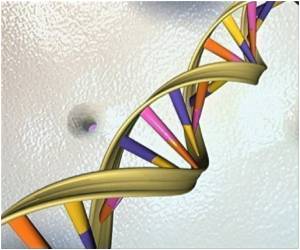
These home genetic tests provide access to a person's genomic information without necessarily involving a doctor or insurance company in the process.
And now, medical geneticist Dr. James P. Evans, from the University of North Carolina at Chapel Hill School of Medicine and colleagues have said that medical professionals "must ensure that rapidly evolving and multiplying genomic technologies are responsibly harnessed and that their promise is not oversold to the public."
In their article, the authors argued that "a primary role of health care professionals in the future may be to interpret their patients' DTC genetic test results and advise them about appropriate follow-up."
While the authors acknowledge that individuals should continue to be permitted direct access to their genomic information, they noted that "consumers must be protected from unrealistic claims and the misinterpretation of complex and dynamic genomic information."
Noting that segments of the public already embrace DTC genetic tests, the authors point out that in many cases, there is "little or no evidence of the clinical validity of tests developed from genetic technologies."
Advertisement
In testimony last month to the House Energy and Commerce Subcommittee on Oversight and Investigations, Evans stressed that consumers "...deserve an honest accounting of what such information means and the assurance that it is derived in a manner that ensures quality, reliability and confidentiality."
Advertisement
Source-ANI










